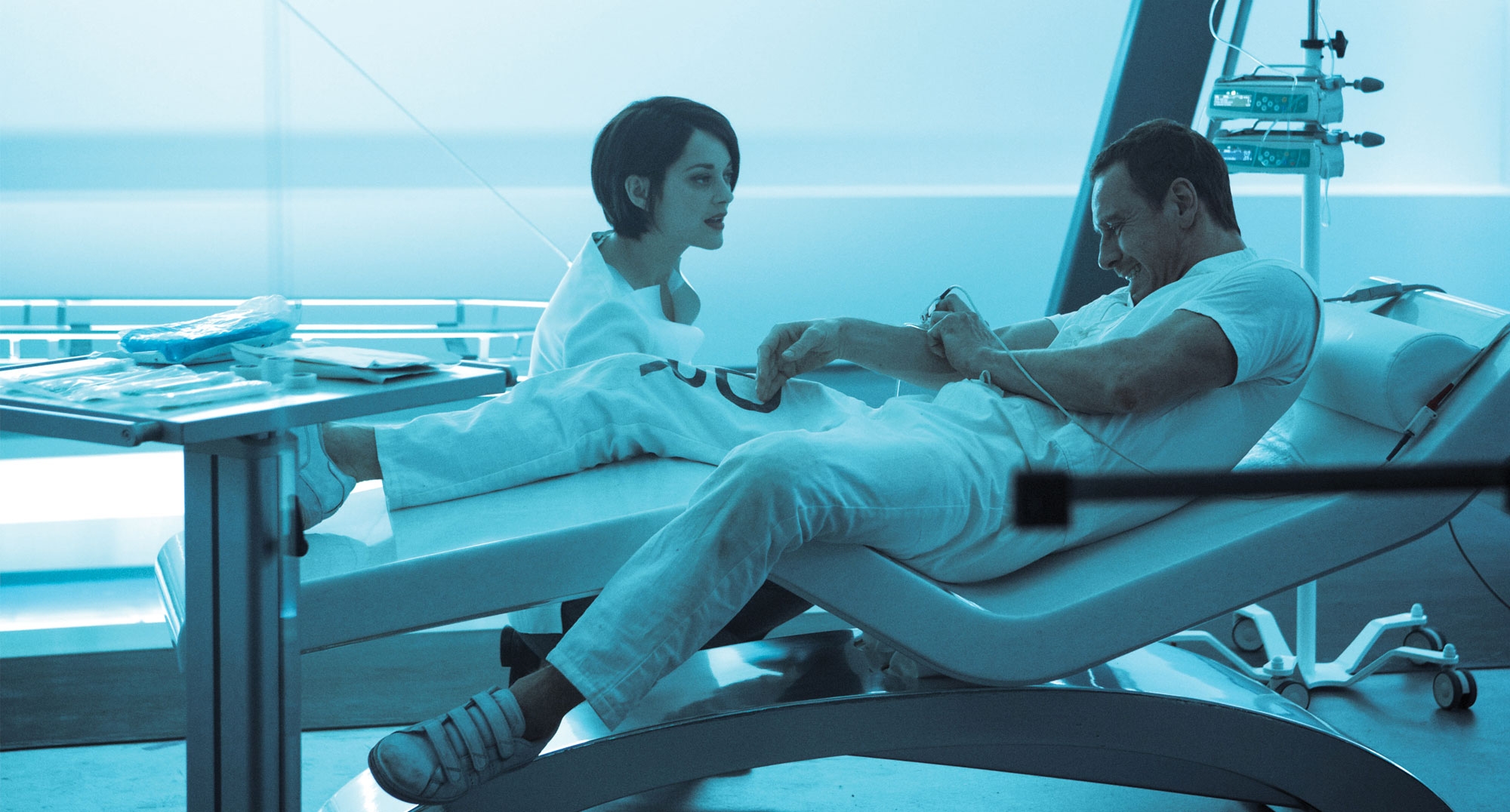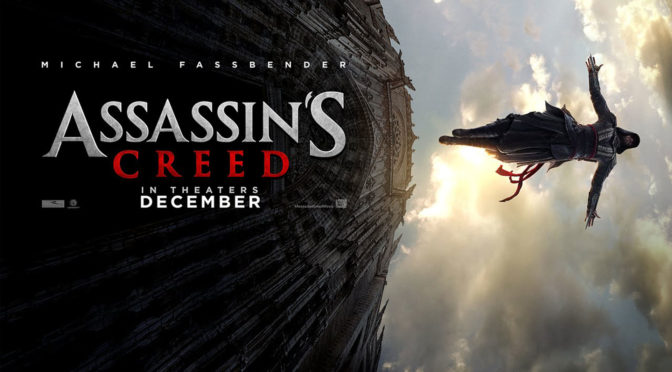Finally rounding out the year’s lineup of video game adaptations is Assassin’s Creed. The popular video game franchise launched in 2007 and sparked eight mainline sequels and several more spinoffs selling over 90 million copies across the games. Unlike many adaptations, the premise, while far-fetched, provides an intriguing setup for a blend of sci-fi and historical action. After he is executed by lethal injection, Callum Lynch (Michael Fassbender; Shame) wakes up in a strange research facility with Sophia Rikkin (Marion Cotillard; Midnight in Paris), a scientist leading the Animus project. The Animus, a giant mechanical arm that connects to the spinal cord of the user, taps into data stored in DNA to relive the memories of ancestors. Sophia and her father want to use Callum to find the Apple of Eden, a mysterious object that can control humanity, through his ancestor Aguilar (also played by Fassbender), an Assassin during the Spanish Inquisition who is the last person they know to have had it.
The film spends far too much time on exposition. This is a common mistake in storytelling in interactive entertainment but ironically it was never an issue in the early Assassin’s Creed games. The games would have the player in the historical setting for at least 80% or more of the time, but the screenplay calls for the majority of the film to be in the present so they can explain the adversarial history of the Assassins and the Templars. The games threw you into the action and let the player, along with the main character, discover the greater story as they played, but the screenwriters here instead opted to stuff in as much setup as possible for the sequels that were clearly in mind at the film’s conception. The movie opens with an explanatory text crawl that is groan-worthy and further exposition is always just around the corner. Unfortunately, all this additional explanation only weakens the story. Each further detail creates plot holes rather than filling them. If the writers had been willing to leave more unanswered, the backstory would have been intriguing rather than perplexing or, in many cases, silly.

Justin Kurzel (Macbeth) is able to fluidly adapt the series’s action. Known for incorporating an acrobatic style based on using counter attacks, the fighting could have easily felt distant without the interactive element. This happened in 2010 with Ubisoft’s other major film production, Prince of Persia: The Sands of Time, where the signature parkour didn’t translate to the big screen. Combat is clearly sped up, but the increased speed isn’t overly disorienting. Kurzel also makes the unexpected decision to transition back and forth between Aguilar fighting in the past and Callum fighting through the same experiences in the present. Doing so adds an extra dimension to the action (literally) as we see how Callum is affected by his time in the Animus.
This is the second time this year we’ve had a talented indie director take on a large video game movie and the result is again a moderate success. Kurzel was able to maintain some of the harsh realism found in his previous work as he moved to this larger project. The historical scenes don’t try to emulate the lighthearted tone of Marvel films or the self-seriousness of the DC extended universe. The world feels dirty and unforgiving. He also has the benefit of an incredibly talented and, more importantly, committed cast. Even minor roles have their moments with actors like Brendan Gleeson (In Bruges) stopping by to add gravitas to the screenplay. Kurzel isn’t able to escape the forced exposition typical of the genre, but the unique premise combined with his gritty staging of action scenes make the film stand out in the crowded blockbuster space.

3/5 stars.
